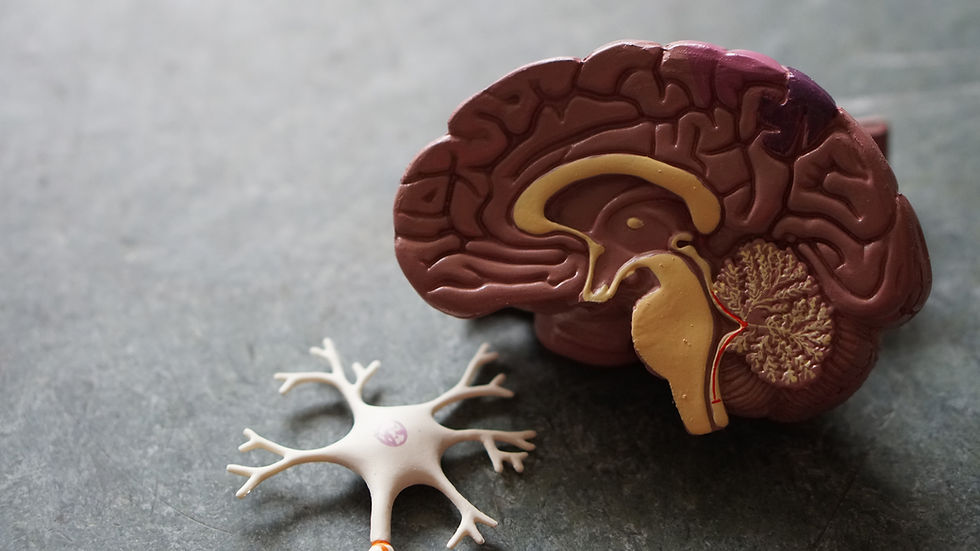We’re Growing with Purpose: Introducing ABI Support Services
- inhomeangels2020
- Jul 25
- 2 min read

Understanding Acquired Brain Injuries (ABI): A Guide for Families and Caregivers
When a loved one experiences a brain injury, it can turn your world upside down. There are so many questions, uncertainties, and emotions that come with it—especially if you’re unfamiliar with what a brain injury actually is. At In-Home Angels, we believe that knowledge is empowering. That’s why we’re taking a closer look at Acquired Brain Injuries (ABI)—what they are, how they happen, and how you can best support someone living with one.
What Is an Acquired Brain Injury (ABI)?
An acquired brain injury (ABI) is any injury to the brain that occurs after birth and is not hereditary, congenital, degenerative, or caused by birth trauma. This type of brain injury alters the brain’s neuronal activity, impacting the physical structure, metabolic processes, or overall function of brain cells.
ABI serves as an umbrella term for two primary categories:
Traumatic Brain Injury (TBI): Caused by external forces like falls, vehicle accidents, or sports injuries
Non-Traumatic Brain Injury (NTBI): Caused by internal factors such as stroke, aneurysms, infections, or oxygen deprivation
Understanding the distinction between traumatic and non-traumatic brain injuries is essential when planning personalized care and recovery strategies. (Source: Brain Injury Association of America)
Common Signs and Symptoms of Brain Injuries
The signs of an acquired brain injury can vary widely depending on the severity and type of injury. Some of the most common symptoms include:
Memory loss or confusion
Difficulty concentrating
Headaches or dizziness
Mood swings or emotional changes
Changes in sleep patterns
Lesser-known symptoms may include:
Pseudobulbar affect (PBA): Uncontrollable laughing or crying
Spasticity: Muscle stiffness or involuntary contractions
Recognizing these ABI symptoms early can help families seek timely brain injury support services.
How In-Home Care Supports Brain Injury Recovery
The road to recovery after a brain injury can be long and emotionally demanding. That’s why in-home ABI care plays such a critical role in promoting safety, comfort, and independence. At In-Home Angels, we are proud to offer specialized in-home brain injury support services tailored to each client’s individual needs.
Our services may include:
Help with bathing, grooming, and personal care
Meal preparation and medication reminders
Emotional companionship and cognitive engagement
Support following rehab protocols from medical providers
We aim to deliver compassionate, non-medical ABI care that eases stress for both clients and families.
Tips for Caregivers Supporting a Loved One with ABI
Being a family caregiver for someone with a brain injury can be rewarding—but also exhausting. Here are some caregiver tips to keep in mind:
Be patient: Recovery takes time and isn’t always linear.
Stick to routines: Daily structure can reduce confusion.
Communicate clearly: Speak slowly and allow time to process.
Take breaks: Use respite care services or ask for help when needed.
You are not alone—caregiver support resources are available to help you through this journey.
Trusted Resources for Learning More About ABI
If you're looking to deepen your understanding of acquired brain injuries, consider exploring these reputable sources:
Brain Injury Association of America (BIAA) – Advocacy, education, and resources
Centers for Disease Control and Prevention (CDC) – Research, data, and prevention tips
These organizations offer reliable information on brain injury recovery, mental health, and caregiver support.




Comments